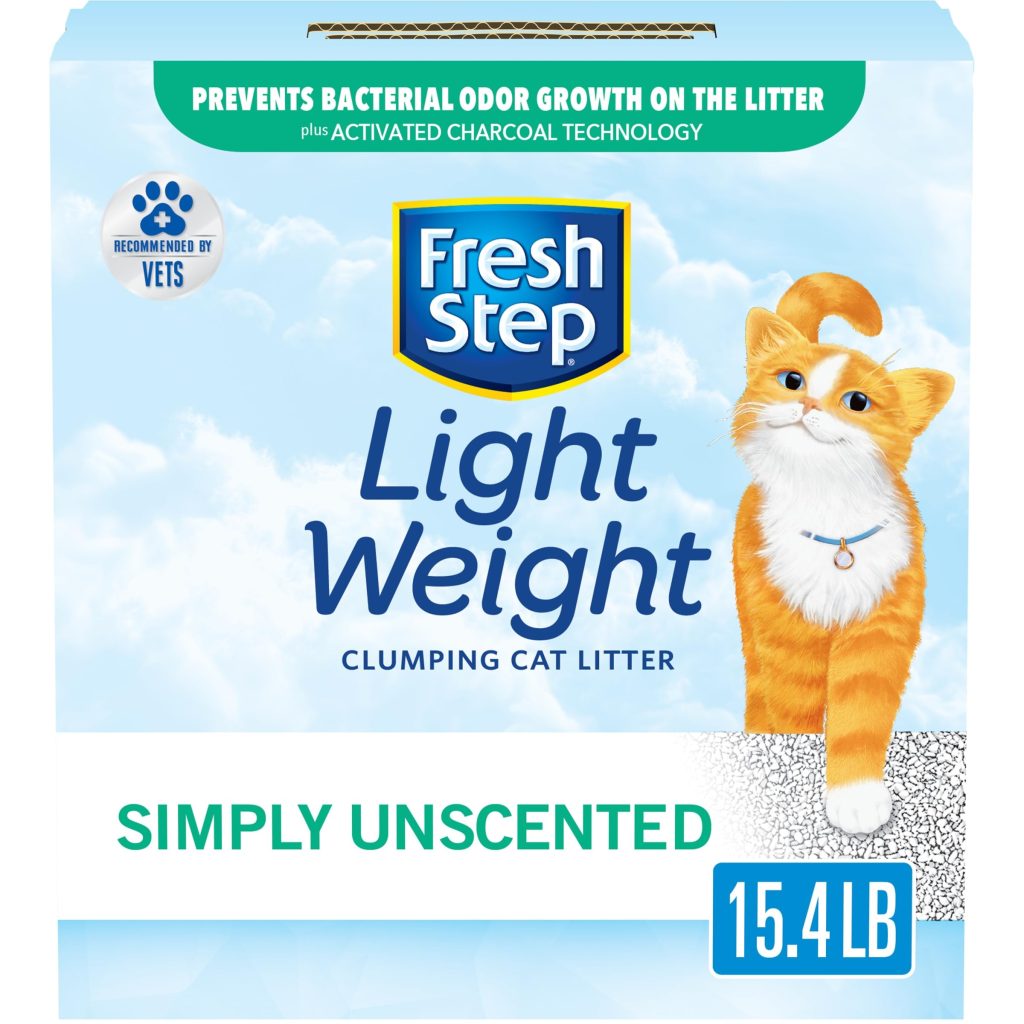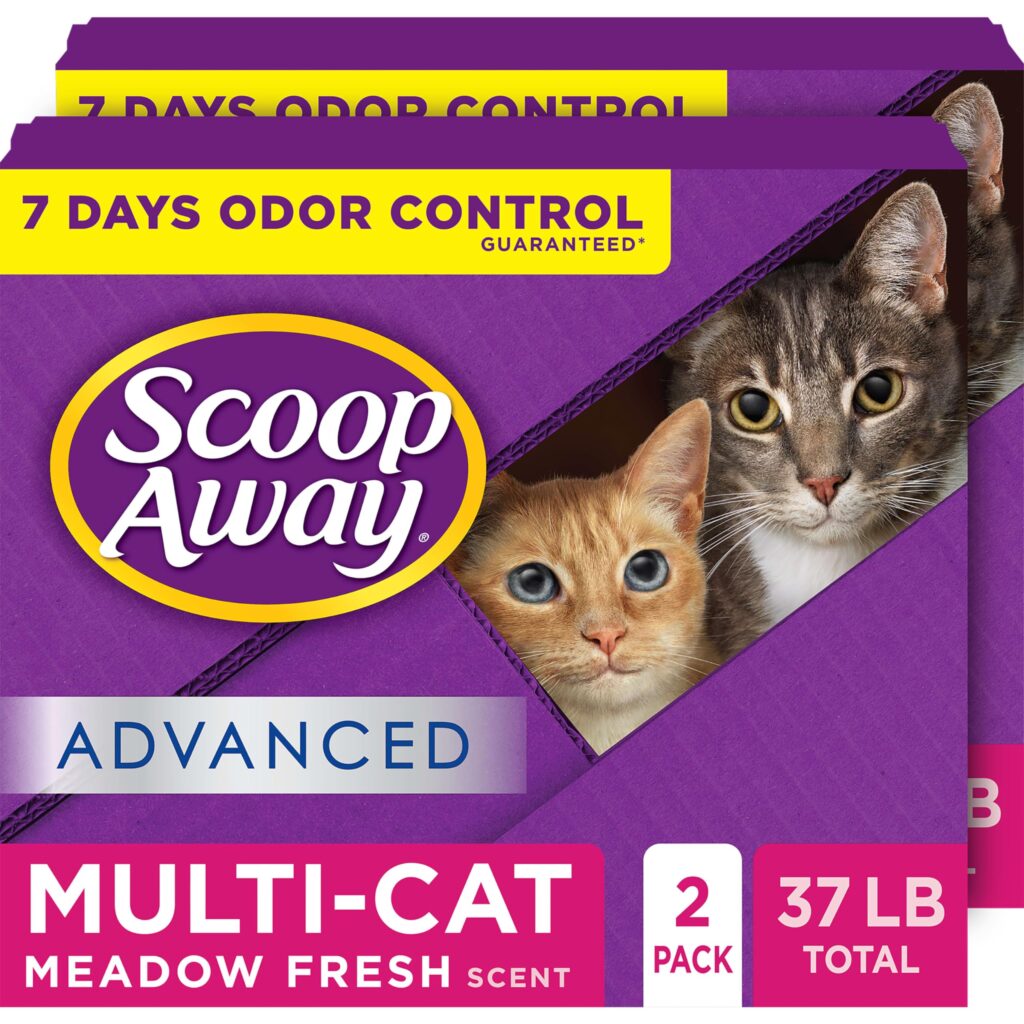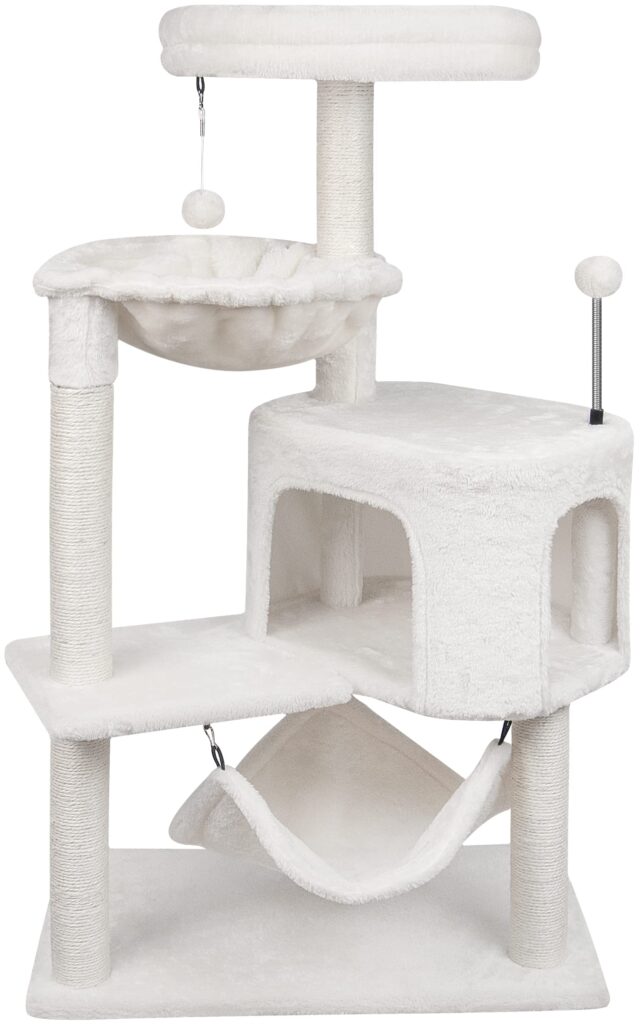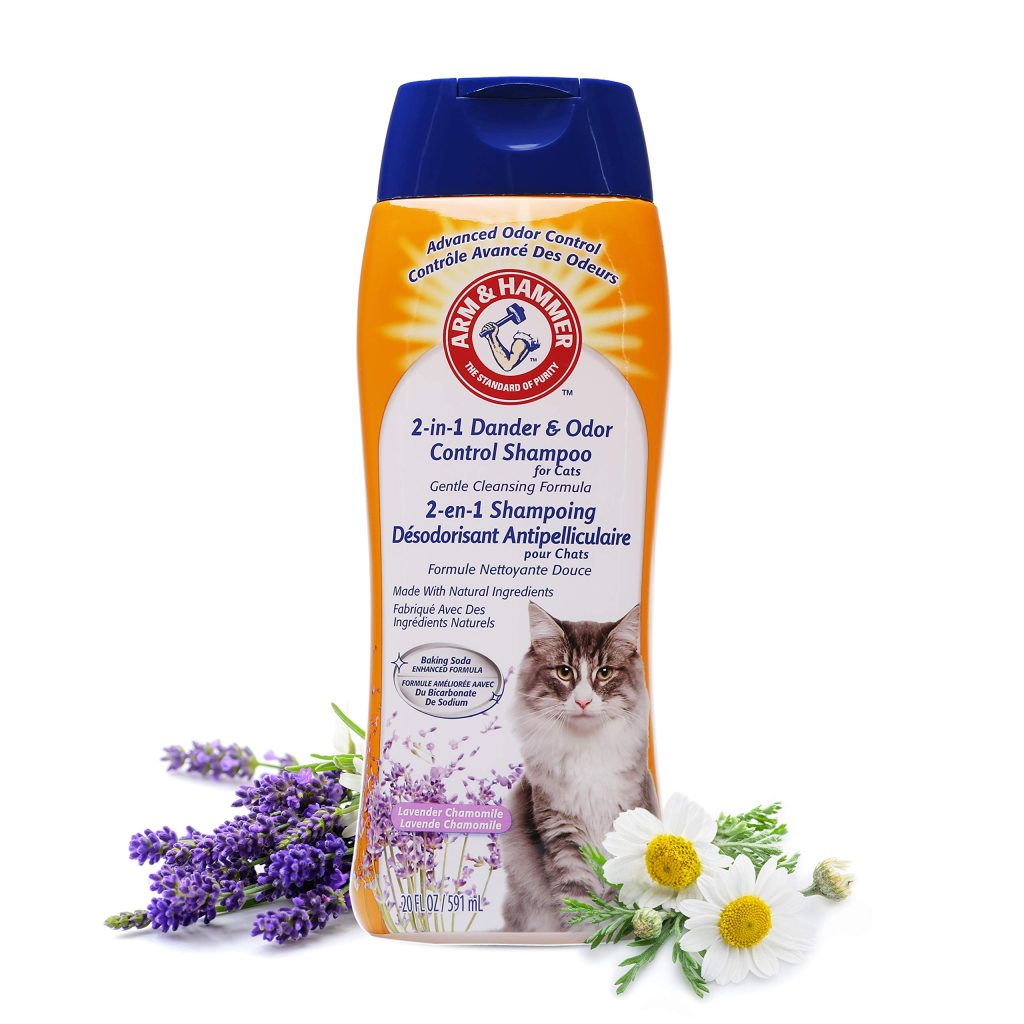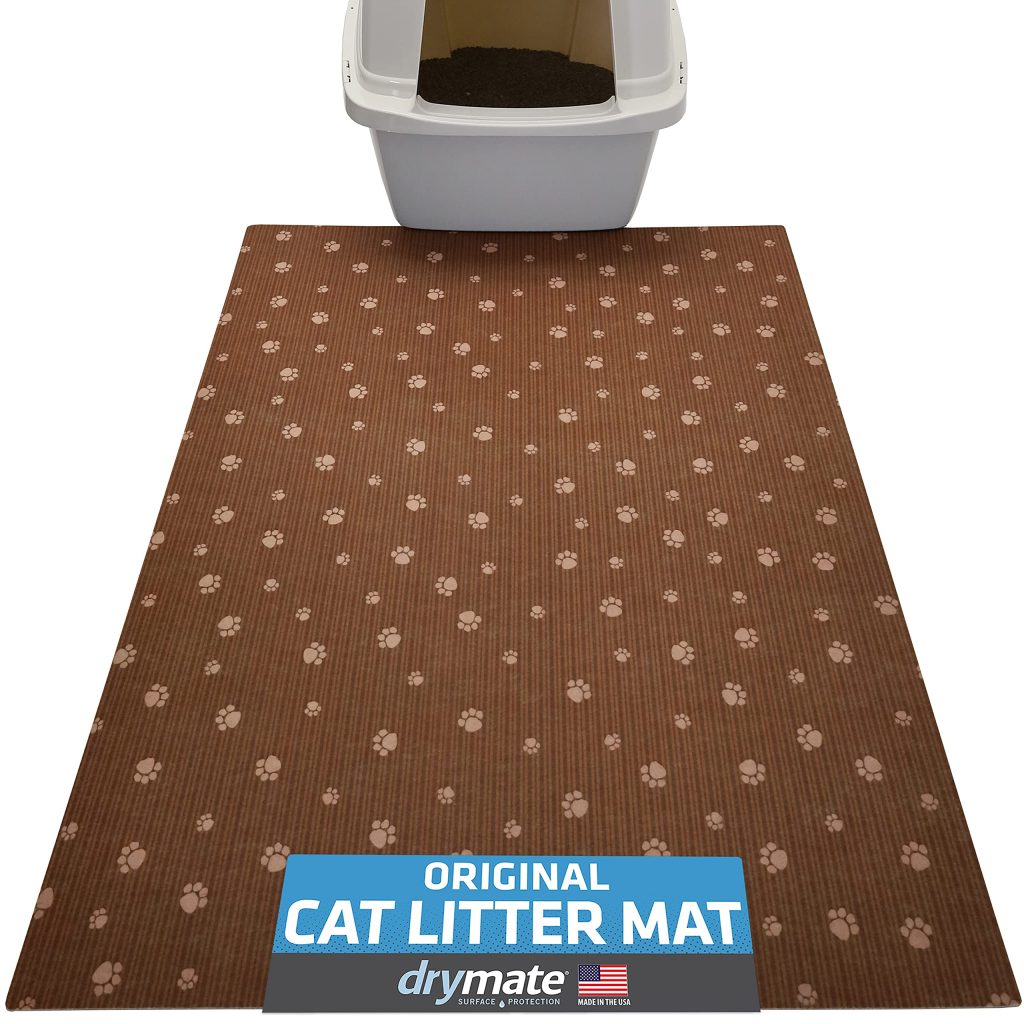
The Significance of Addressing Cat Behavioral Problems
Cat behavioral problems can have a significant impact on feline health and well-being. While cats are generally known for their independence and aloofness, they are also social creatures that require mental stimulation and a conducive environment to thrive. Unresolved behavioral issues can lead to stress, anxiety, and even physical ailments in cats. Therefore, it’s important for cat owners to understand and address these problems to ensure their cats’ overall health and happiness.
Understanding the Nutritional Components
Believe it or not, nutrition plays a vital role in addressing cat behavioral problems. Just like humans, cats’ behavior can be influenced by what they eat. A balanced and appropriate diet is key to supporting their physical and mental well-being. Essential nutrients, such as proteins, fats, vitamins, and minerals, contribute to a cat’s brain function and emotional stability.
Additionally, specific dietary modifications can help address specific behavioral issues. For example, some cats may benefit from diets rich in omega-3 fatty acids, which have been associated with improved cognitive function and decreased aggression. Other cats may require diets low in carbohydrates to manage hyperactivity or weight problems. Consulting with a veterinarian to determine the most suitable diet for your cat’s unique needs is essential.
The Positive Impact of Addressing Behavioral Problems
Successfully addressing cat behavioral problems can have numerous positive impacts on your feline companion:
- Reduced stress: By identifying and resolving the underlying causes of behavioral issues, you can significantly reduce your cat’s stress levels. This can lead to a calmer and more contented cat, fostering a healthier environment for both of you.
- Enhanced bond: When behavioral issues are addressed, cats often experience improved relationships with their owners. By understanding your cat’s behavior and needs, you can strengthen your bond through effective communication and interaction.
- Improved physical health: Behavioral problems can have physical manifestations, such as over-grooming, excessive scratching, or urination outside the litter box. By effectively addressing these issues, you can promote your cat’s physical health and prevent the development of secondary health problems.
- Enhanced mental stimulation: Addressing behavioral problems often involves providing cats with mental stimulation and enriching environments. This can include puzzle toys, interactive play sessions, and dedicated playtime, all of which contribute to your cat’s overall mental well-being.
- Peaceful coexistence: Resolving behavioral problems can create a more harmonious living environment for both your cat and your family. It eliminates the frustration and stress associated with problem behaviors, allowing everyone to enjoy a peaceful coexistence.
Addressing cat behavioral problems is vital for maintaining your cat’s well-being. By understanding the significance of these issues, considering nutritional components, and recognizing the positive impacts of resolving them, you can create a healthier and happier life for your feline companion.
